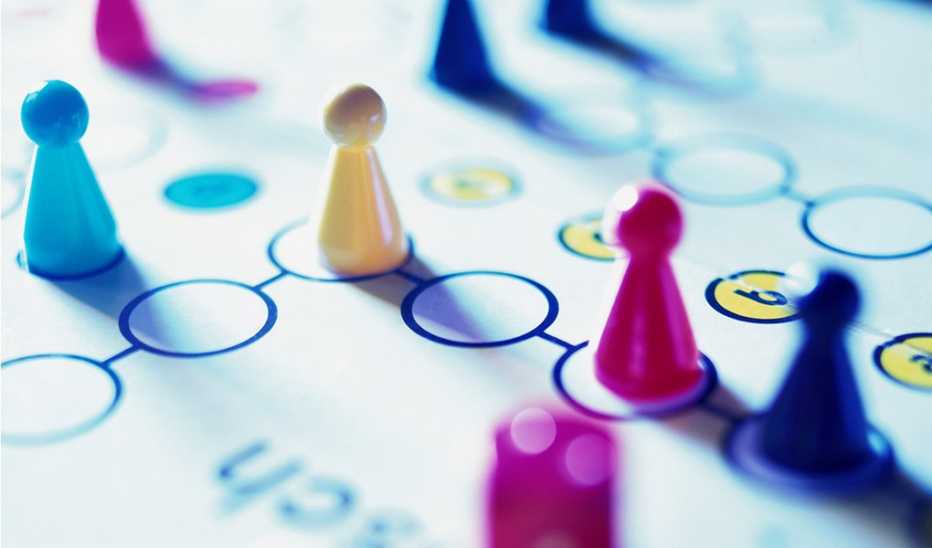Challenges


Quick Win
The social togetherness of a game night provides an abundance of stimulation for the brain.
Try This Today
- Make a date. Do a calendar confab with friends or family and plan a game night ahead of time.
- Who’ll be playing? Think about the ages and interests of the players beforehand and have a variety of games available. For groups of more than six, interactive team games such as charades or trivia work better than games with lots of moving pieces. Make sure guests have a comfy spot to settle in as well as healthy nibbles they can grab between turns.
- Know the rules. Opening up the rules for the first time when a game hits the table will inspire a round of groans. Instead, familiarize yourself with the rules ahead of time and be prepared to teach your guests so you can get right to gaming.
Why
Your brain thrives on learning, thinking and playfully interacting with others, so what better way to do all three than by hosting a game night? In a study published in 2023 in Frontiers in Public Health that analyzed six years of data from 19,821 middle-aged and older adults, playing cards and games with others was associated with greater happiness and a lower risk of Alzheimer's disease. Similarly, playing board games was associated with better cognitive function in a study of 82 adults ages 65 and older published in Social Work in Health Care in 2019.











More From Staying Sharp
Make Time for Sunrise, Sunset
Look to the sky on the edges of the day
Brain Health After the Age of 65
Learn how lifestyle and mental stimulation can support brain health in older age
Your Brain on Pets
Pet owners share the ways that pets have enriched their lives